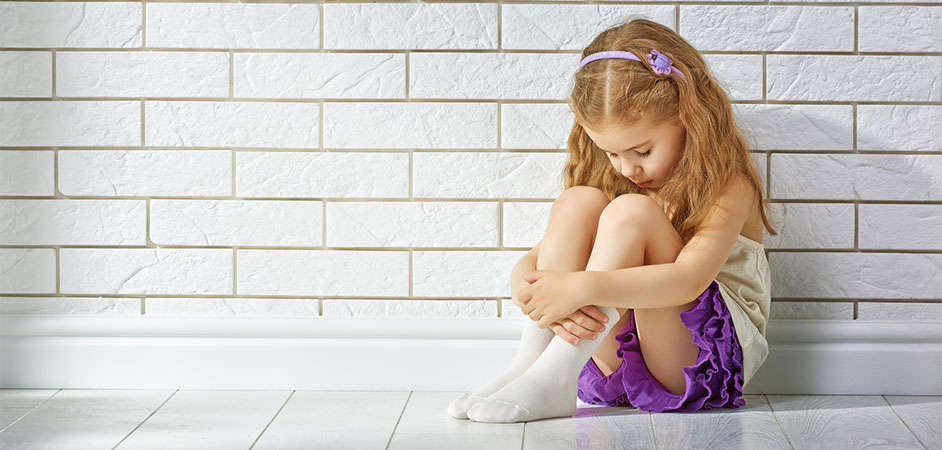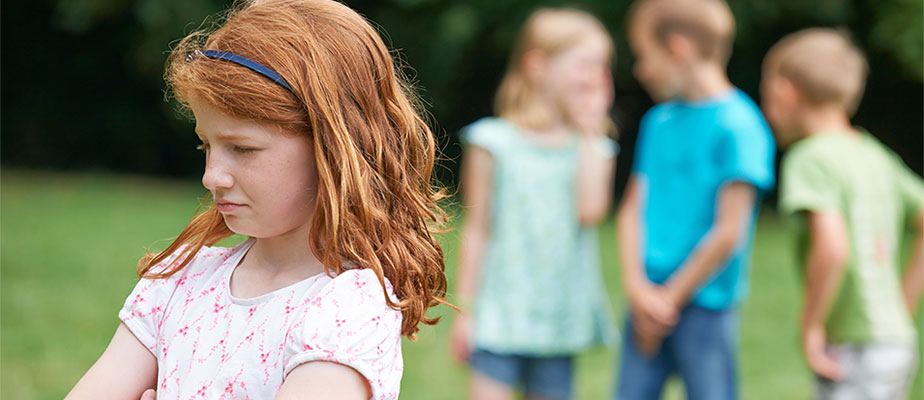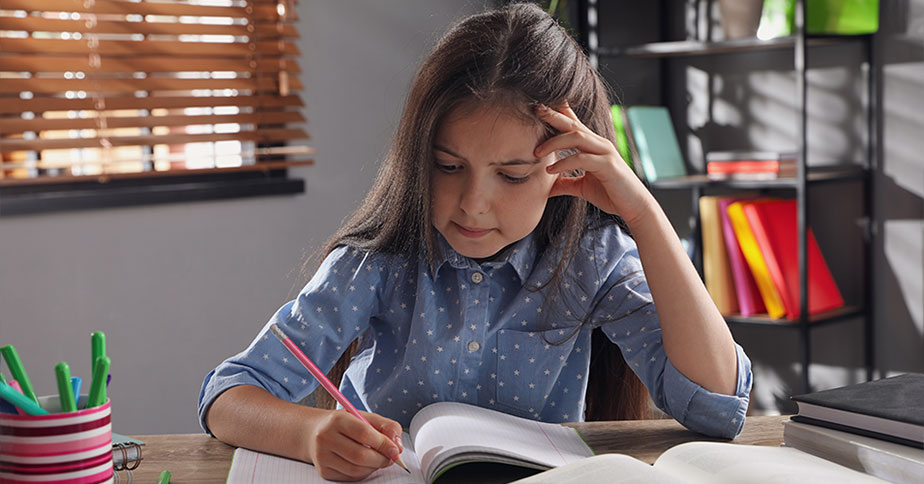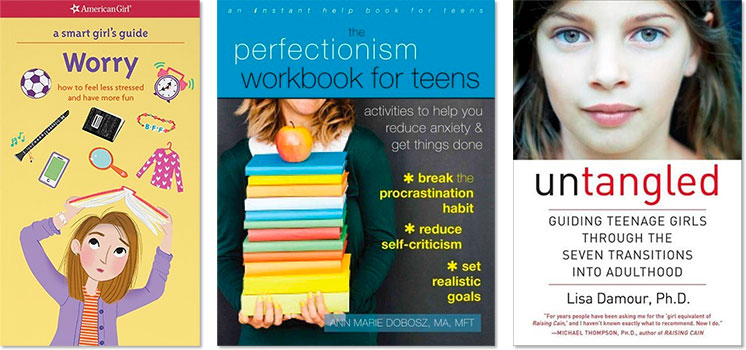"The kids who are getting this process praise, strategy and taking on hard things and sticking to them, those are the kids who want the challenge."
 We all want to motivate Mighty Girls to be their best, but did you know that how you praise girls can make a big difference to their resilience and self-confidence? Stanford professor Dr. Carol Dweck, one of the world's leading researchers in the field of motivation and the author of the bestselling book Mindset: The New Psychology of Success, has found that there is a strong praise paradox for girls: "Praise for intelligence or ability backfires," she asserts. By understanding why telling a girl things like "you're so smart" can actually make her less confident, and by finding more effective ways to praise girls instead, parents and teachers can help foster an attitude that keeps them striving for success — even when the going gets tough. Continue reading Continue reading
We all want to motivate Mighty Girls to be their best, but did you know that how you praise girls can make a big difference to their resilience and self-confidence? Stanford professor Dr. Carol Dweck, one of the world's leading researchers in the field of motivation and the author of the bestselling book Mindset: The New Psychology of Success, has found that there is a strong praise paradox for girls: "Praise for intelligence or ability backfires," she asserts. By understanding why telling a girl things like "you're so smart" can actually make her less confident, and by finding more effective ways to praise girls instead, parents and teachers can help foster an attitude that keeps them striving for success — even when the going gets tough. Continue reading Continue reading

















